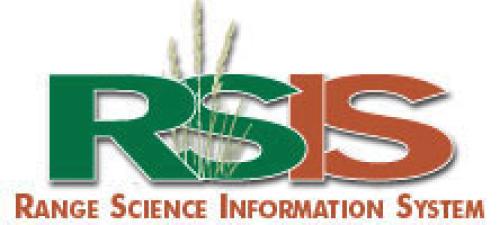Herbivores influence growth, recruitment, and mortality rates of plants and may do so in ways correlated with plant density, frequency, or other neighborhood traits, or with competitive abilities. Herbivores may increase, offset, or generate reciprocal negative interactions among plants. Huntly suggests that field studies should be designed to evaluate the contributions of particular mechanisms to herbivore effects, not simply to determine whether communities differ when herbivores are present.. The studies reviewed suggest that the mechanisms by which herbivores influence plant communities do not differ fundamentally for terrestrial, aquatic, and marine ecosystems. Herbivory can significantly alter community composition and productivity in all ecosystems. Secondary chemistry is an important influence on herbivory. It may be at a cost to plants and herbivores, thus setting limits to population density. Keystone herbivores, which cause development of a fundamentally different biological community, often with strongly altered ecosystem-level characteristics, have been demonstrated in marine, aquatic, and terrestrial ecosystems. Data are as yet inadequate to evaluate the relative contributions particular mechanisms make to the overall dynamics of plant communities. There are more direct experimental demonstrations of the effects of herbivores on plants in aquatic and marine ecosystems than in terrestrial. This largely reflects difference in the temporal and spatial scales at which these ecosystems vary. Since temporal and spatial variation in herbivore populations often is high and may be of major significance, Huntly stresses that studies need to be designed to include measures of variability in herbivore impact over the range of environmental and biotic conditions that occur.

Citations and enhanced abstracts for journals articles and documents focused on rangeland ecology and management. RSIS is a collaboration between Montana State University, University of Idaho, and University of Wyoming.